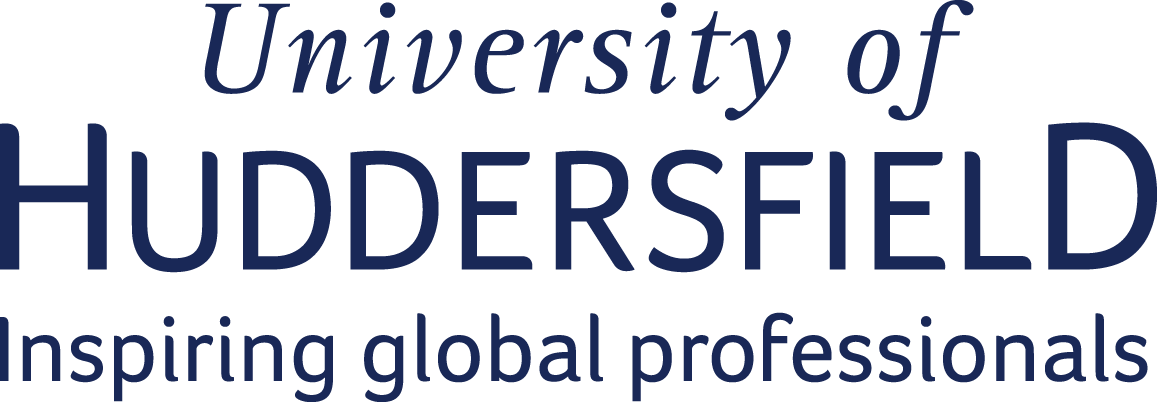Project Description
Special Interest Group Meeting : Structured & Freeform Surfaces
28th – 30th September 2022
Special Interest Group Meeting: Structured & Freeform Surfaces
University of Huddersfield, UK
28th – 30th September 2022
Structured and Freeform Surfaces play an increasingly important role in many technology advancements ranging from optics to biomedical and energy applications. The functional characteristics of such surfaces supersede those of “traditional” surfaces, thus opening research and development avenues and new challenges for their specification, fabrication, measurement and verification.
The next euspen Special Interest Group (SIG) on Structured and Freeform Surfaces meeting will bring together researchers and practitioners from academia, industry and government agencies to discuss state-of-the-art practice, and key research and development in the area of precision engineering associated with structured and freeform surfaces. The meeting includes keynote presentations, oral sessions, posters and training seminars covering the newest developments and research on structured and freeform surfaces.
The organising committee and local hosts for euspen‘s Special Interest Group meeting on Structured Freeform Surfaces are:- Prof. Liam Blunt and Dr Zhen Tong from the University of Huddersfield, UK and the rest of the organising committee:- Prof. Benny Cheung from The Hong Kong Polytechnic University, HK; Prof. Richard Leach from University of Nottingham, UK; Dr Oltmann Riemer from LFM, University of Bremen, DE; Prof. Guido Tosello from Technical University of Denmark, DK; Prof. Ben Whiteside from University of Bradford and Prof. Limin Zhu from Shanghai Jiao Tong University, CN.
The Structured Freeform Surfaces meeting chair is Prof. Liam Blunt from the University of Huddersfield, UK
This event is supported by our local host:
A special focus will be given to research fields in the following topics:
Replication and additive techniques
- Surface functionalisation
- Replication processes (moulding, imprinting, embossing, …)
- 3D micro-additive manufacturing technologies
- Replication assessment and tolerance verification
Structured surfaces to affect function
- Structured surfaces characterization, combining structured and freeform geometries
- Functionality and structure (tribology, biology, …)
- Manufacturing and measurement (in-line, in-situ), process control
- Dimensional metrology for structured surfaces
Precision freeform surfaces
- Freeform surface characterisation
- Functionality and topography (optics, aeronautics, …)
- Manufacturing and measurement (in-line, in-situ), process control
- Dimensional metrology for freeform surfaces
A special focus will be given to research fields in the following topics:
Large-scale surface structuring
- Microstructures on large-scale surfaces (rigid and non-rigid)
- Roll-to-roll patterning and structuring
- Manufacturing and measurement (in-line, in-situ), process control
- Dimensional metrology for large-scale surfaces
Advanced nanomanufacturing and metrology
- Nano-structured and functionalised surface characterisation
- Nanomanufacturing processes (substractive, additive, formative)
- Measurement and evaluation of nano-structured surfaces
- Dimensional metrology at of nanoscale surfaces and structures
Key Dates:
29th July 2022
Online abstract submission extended deadline
8th August 2022
Notification of presentation award (oral/poster)
25th July 2022
Delegate registration open
Registration Fees
- £285 +VAT – euspen student members*
- £395 +VAT – euspen members
- £495 +VAT – Non-euspen members
- £595 +VAT – Exhibitor (table top)
- £55 +VAT – Tutorial
- £45 +VAT – Networking Dinner (Only applicable for Student Members)
* Student members fee is not inclusive of the networking dinner.
All speakers and presenters must register for the conference using the appropriate delegate fee.
Registration
We are so excited to be back in-person running our first Structured & Freeform Surfaces meeting since the pandemic and look forward to welcoming you to Huddersfield. Please register using our in-person registration form.
For those delegates unable to travel due to exceptional circumstances such as Governmental travel restrictions etc, you may select the virtual registration forms. euspen will provide a hybrid option for the meeting days of Wednesday, Thursday and Friday.
euspen complies with international VAT/IVA/VAT MOSS rules and as such the relevant Standard VAT dependent upon your Country (UK or EU) will be applied to delegate registration invoices if attending virtually. You should read the following rules and select Virtual Registration A or Virtual Registration B dependent on which category you are in.
Select Virtual Registration A if any of the following applies:-
- You are based within the UK or Europe
- You are a private individual or organisation/business
- You are representing a European company that is not VAT/IVA registered
- This form will apply VAT according to your own Country (UK or European). Please note your VAT rate will be correctly applied once you have selected your country from the billing information screen.
Select Virtual Registration B if any of the following applies:-
- You are representing a business/organisation outside Europe
- This form does not apply VAT. This is in accordance with VAT exempt rules.
Submit an abstract for Structured & Freeform Surfaces 2022
We are delighted to bring together leading expertise globally to an open forum for
focused presentations and discussions on Structured and Freeform Surfaces
Announcement & Call for Abstracts
Come and join your international peers and maintain a leading edge on technology, customers, partners and suppliers. Access the greatest minds in Structured & Freeform Surfaces. Share knowledge and information and stimulate debates.
Themes:-
- Replication and additive techniques
- Structured surfaces to affect function
- Precision freeform surfaces
- Large-scale surface structuring
- Advanced Nanomanufacturing and metrology
Submission of abstracts
Abstracts are expected to describe original work, previously unpublished and should indicate new and significant advances and their importance. Initially short abstracts comprising of approx. 300 words in length should be submitted online using the below links.
Following review a review of submitted abstracts, authors will be notified of acceptance of presentation mode (poster/oral).
The invitation to submit an abstract does not constitute an offer to pay travel, accommodation or registration costs associated with the conference. Similarly, no speaker fee is paid to successful participants. All speakers must register for the conference and transfer registration fee. In specific cases the organising committee reserves the right to deviate from the standard procedure.
Submission deadline: 29th July 2022
Keynotes and State-of-the-art
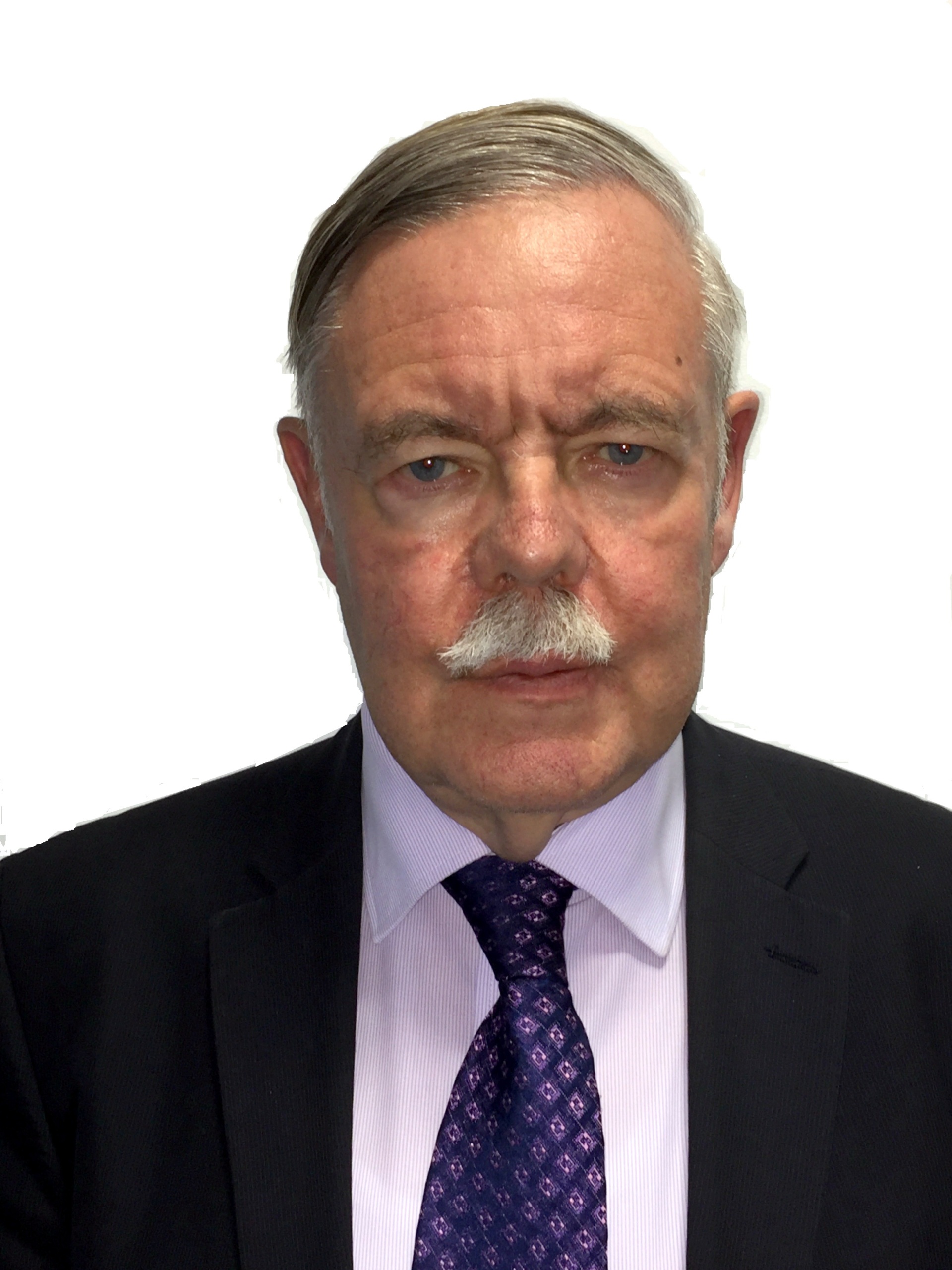
Prof. David Walker
University of Huddersfield, UK
Mind the gap! What stands between optical manufacture and its automation?
In this paper we consider the growth in worldwide demand for precision optics, compounded by the shrinkage in available skilled human resource to make them. We review the roles of CNC and robotic machines in optical manufacture and what stands in the way of full automation. The paper then considers the impact of the multiplicity of processes at the industry’s disposal, and what tools are available to optimise a process chain to manufacture a specific component. We then consider some reasons why polishing processes are not fully deterministic, including our incomplete understanding of the basic mechanisms in the removal of glass in polishing. We report on work in progress, and the steps that we are taking towards the ultimate goal of processing parts without human intervention.
Biography
David Walker is Professor of Ultra-Precision Surfaces at the University of Huddersfield, based with his research group at the STFC Daresbury Laboratory – one of the UK’s National Labs. In his early days at UCL, he developed cryogenic CCD cameras for the South African Astronomical Observatory, when CCDs were novel and highly challenging to operate. He went on to lead development of advanced spectrographs and opto-mechanical sub-systems for some of the world’s largest optical telescopes. Perhaps most notably , was the UCL Echelle Spectrograph, which remained a front-rank instrument at the 3.9m Anglo Australian Telescope for some three decades.
The challenges of building instrumentation stimulated his growing interest in manufacturing and metrology of complex optical and engineering surfaces. This research was spun-out into Zeeko Ltd in 2000, manufacturer of CNC polishing machines, of which Prof. Walker is one of the two founding directors and current Research Director. The continuing research in the field stimulated his growing vision of autonomous manufacturing for ultra-precision surfaces, and he has taken steps in that direction.
In 2014 Prof. Walker won the 2014 Institute of Physics Optics and Photonics Prize, ‘for his work on astronomical optics, and for commercialising his university research to help produce an international optics-based manufacturing company’. The same year, he was elected to senior membership of SPIE, ‘in recognition of significant achievements within the optics and photonics community‘. In 2019 he was elected to senior membership of the Optical Society of America. During his career, Prof. Walker has supervised more than thirty PhD students to successful completion, predominantly from abroad, and has hosted many overseas academic visitors.
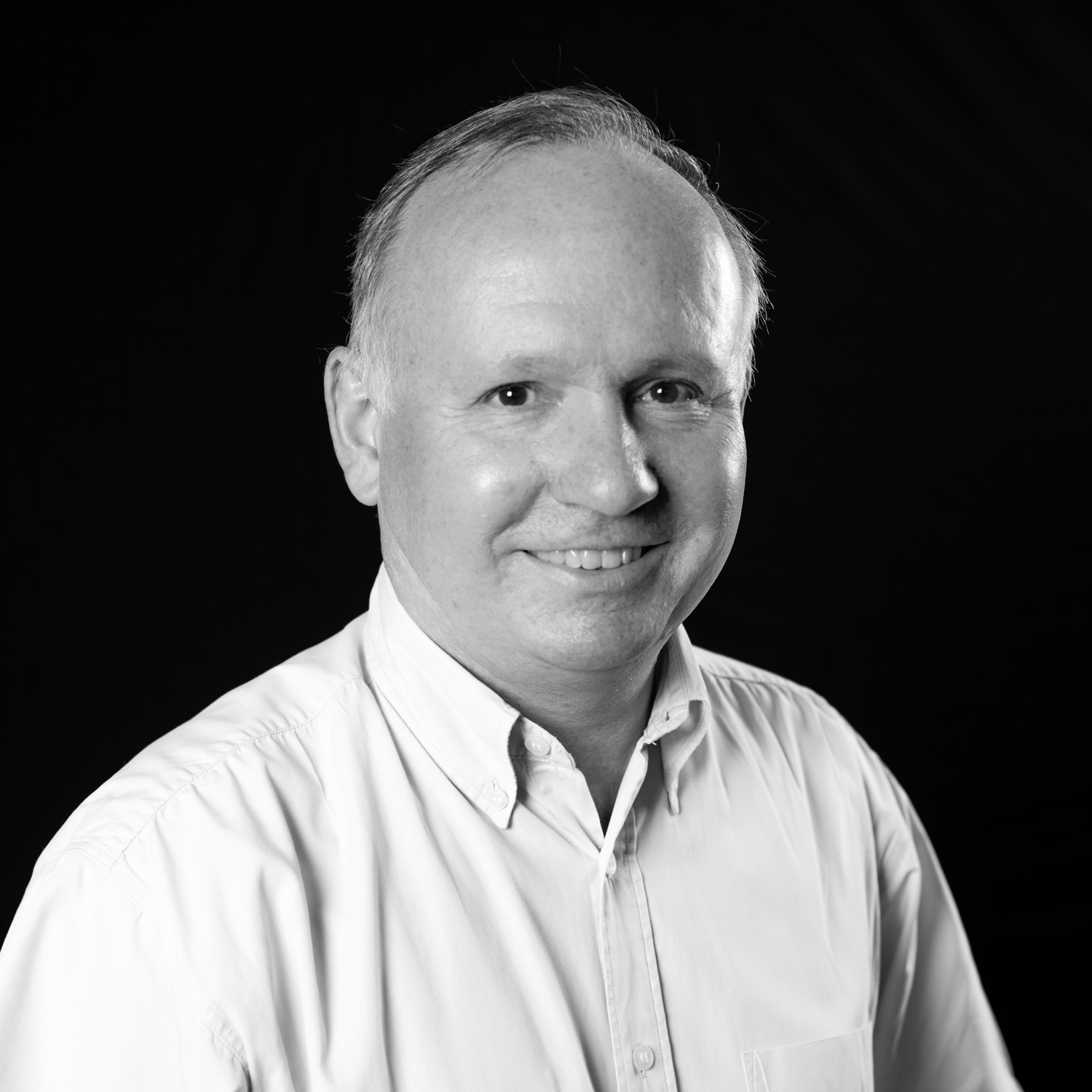
François Blateyron
Digital Surf, FR
Surface texture analysis of complex additive manufactured surfaces
Surface texture is measured for several decades as heights evaluated normal from the reference surface, using tactile or optical profilers. It is admitted that the simplified model of the surface obtained by these techniques is sufficient to characterize the surface function. But modern manufacturing techniques make it possible to generate complex geometrical surfaces or structures surfaces, and in particular, complex surfaces produced by additive manufacturing are challenging for surface measuring instruments and for analysis software. One technique however, the X-ray computed tomography (XCT), is on the verge to become very interesting for the measurement of complex surfaces, and especially of metallic AM surfaces. It allows the extraction of a surface coded in 3D with triangle meshes. When the instrument resolution is good enough, it makes it possible to characterize surface texture, even on internal surfaces, without cutting the part. In order to do so, software tools require a complete redesign, and even the mathematical background has to be redefined.
This presentation describes the numerous challenges introduces by triangle meshes, in particular for the definition of the reference surface, calculation of deviation heights, definition of classical surface texture parameters, filtration, etc. It emphasizes the particular case of the material ratio curve and the depending parameters (including Sk and volume parameters).
The collaboration between Digital Surf and the Centre of Precision Technologies, University of Huddersfield, on the mathematical background of surface texture parameters is described and illustrated. Another collaboration with the French startup Digisens, on the link between XCT measurements and surface texture analysis is mentioned. Several examples of analyses on real cases are illustrated and discussed, and major papers on the subject are cited. The complexity of algorithms and their optimization is also discussed, in the context of a commercial software that needs to be as fast as a user requires.
Finally, the problematic of the future standardization is considered. The probable development of a new branch of surface texture analysis with triangle meshes is a historical turn, after the switch from profiles to surfaces in the years 2000. Tools have to be correctly defined and developed, users have to be informed and trained with them so that they can adapt and improve their current specifications to the new data type, and even invent new applications that were not possible before.
Biography
François Blateyron is VP and Director of Research and Metrology at Digital Surf, France, the editor of the Mountains® software for surface analysis. Involved in surface texture analysis for more than 25 years, he led the scientific development of the Mountains® platform for profilometry applications for 15 years, and overlooked the metrological algorithms used internally. He was involved in many projects with manufacturers of surface profilers in Europe, USA and Japan.
In charge of the scientific partnerships, he now collaborates with many world leading research laboratories on surface texture analysis (in particular with University of Huddersfield) and with National Metrology Institutes worldwide.
An ISO expert at TC 213, active in WG16 (surface texture), WG15 (filtration) and AG12 (mathematical support), and member of the auditing committee AG2, he was project leader for several ISO standards, including the recent revision of ISO 25178-2 published in December 2021.
He is also author of several publications and book chapters, member of the scientific board of STMP (IOP), of Euspen and CIRP.
Linkedin: https://www.linkedin.com/in/blateyron/
ResearchGate: https://www.researchgate.net/profile/Francois-Blateyron-2
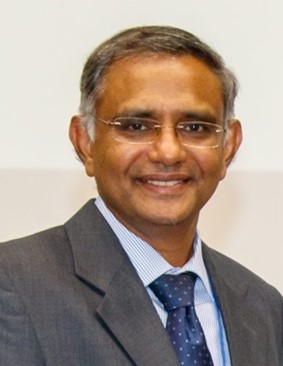
Assoc. Prof. A. Senthil Kumar
National University of Singapore, SG
Advances in ultra-precision machining of structured optical surfaces
In general, functional optics are made of non-rotational and non-cylindrical surfaces which are widely used to reduce wave front errors and overall size as compared to the rotational surfaces. Diamond turning together with fast / slow tool servo (STS/FTS) techniques are widely used in the modern materials processing technology, especially for ultra-precision applications that demand extreme form accuracy and excellent surface quality. In this talk, the recent advances on diamond turning of optical moulds will be discussed. This talk will also focus on the ultra-precision machining of functional micro structures on roller moulds for roll-to-roll manufacturing of optical film; and machining of optical moulds made from difficult-to-cut materials (non-diamond-turnable metals and brittle materials) for injection moulding of plastic optical components. Some of the technological innovations developed will also be discussed in this presentation.
Biography
A. Senthil Kumar is an Associate Professor of Mechanical Engineering at the National University of Singapore. His expertise is in manufacturing with focus on ultra precision machining, hybrid machining of micro/nano structures and fixture design. He has co-authored 2 books in fixture design and has published over 170 technical papers in International Journals. He serves in the editorial board of the Journal of Manufacturing Processes, USA, Journal of Micro Manufacturing, Journal of Nanotechnology and Precision Engineering, Journals of Machines. Earlier he has served as an associate editor of IEEE transactions of Automation Science and Engineering, USA. He is the recipient of several awards including the Outstanding Young Manufacturing Engineering Award, SME, USA and IES Prestigious Engineering Achievement Award from the Institute of Engineers, Singapore. He is a Fellow of ASME and ISNM. He has two patents to his credit and has licensed the technology to start a spin-off company which specializes in the manufacturing of ultra-precision machine tools.
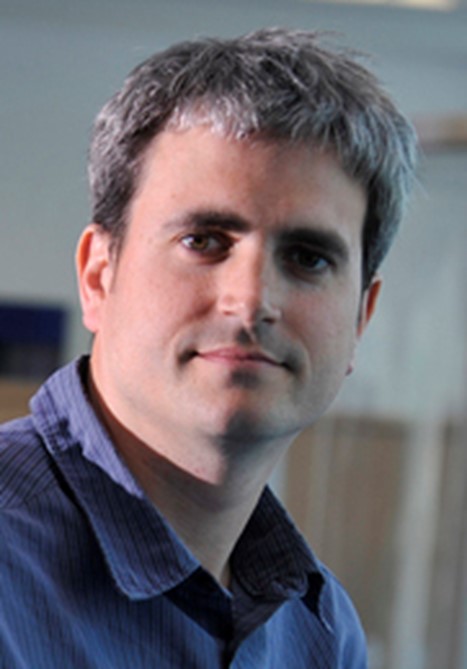
Prof. Ben Whiteside
University of Bradford, UK
Injection moulding of structured surfaces
Injection moulding is an attractive process for manufacturing polymeric components containing micro and nano scale surface structures. It is a hugely important manufacturing process having the ability to produce complex net-shape 3D geometries with a capability for high volume production with low marginal costs. However, the drive to produce ever-smaller and increasingly complex surface structures introduces fundamental challenges for both injection mould tooling and polymer replication processes. Recent years have seen a number of process developments and innovations to attempt to address these issues and provide industrially viable manufacturing systems for components with functional surface textures. This Keynote will explore these in detail, while introducing new approaches that can potential offer further improvements in future for these manufacturing systems.
Biography
Ben Whiteside is Professor of Precision Polymer Manufacturing and has been pushing the boundaries of ultra high precision injection moulding since 2001. From an initial PhD study of the mechanical properties of polymer composite materials, he has spent over fifteen years as a researcher and lecturer specialising in ultra-precision polymer manufacturing processes. Specific areas include computer modelling of polymer processes, high strain rate rheological measurements, process data acquisition systems, high speed imaging/visualisation techniques development and specification of manufacturing systems for high volume production of polymer components with micro and nano-scale features.
He is now Director of the RKT Centre for Micro and Nano Technology at the University of Bradford which is a unique facility focussed on manufacturing ultra-precision devices using a wide range of polymer-based materials. A healthy stream of successful projects has allowed the Centre to build an unmatched capability in terms of both equipment and expertise. Application areas include medical devices, surgical and diagnostic tools, drug delivery systems, orthopaedic and soft tissue fixation devices. Recently he has developed new processes to provide extra functionality for medical devices, including a shape memory effect for cement-less fixation and self-tightening suture devices, and using surface structures for super-hydrophobic and anti-fouling behaviours.
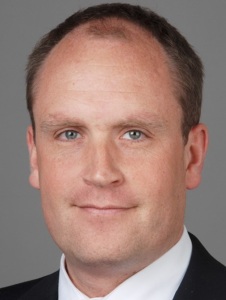
Dr.-Ing. Christian Wenzel
Innolite GmbH, DE
Manufacturing of freeform and micro structured surfaces
Freeform surfaces are becoming more and more common in various applications. The talk is addressing the demands on the complete process chain from the optical design data base to the machine technology including machine control and optimized tool path generation for high end structured and freeform surfaces.
Based on the demands of structured and freeform surfaces the critical aspects of the design of ultra precision machines and boundary conditions like thermal control for optimized process control will be addressed. Key driver next to the mechanical system of the machine is becoming more and more the control system in combination with upfront simulation tools for optimized tool path planning.
The state-of-the-art will be presented by sample geometries of freeform surfaces and micro structured components showing the impact of individual aspects addressed in the presentation summarizing in a forecast of upcoming development topics.
Biography
Christian Wenzel studied mechanical engineering at the Technical University of Aachen during 1996 to 2001. He graduated in the area of production technology with an emphasis on laser-machining. Afterwards he started working as a scientific engineer at the Fraunhofer Institute of Production Technology IPT in Aachen. The main focus of his work has been the field of ultraprecise computer controlled polishing techniques and the diamond milling (Fly-Cutting) of optical and microstructured components. In May of 2006 he finished his PHD thesis on the ultraprecise polishing of complex steel molds.
In July 2006 he became head of the department of Production Machines at the Fraunhofer IPT, being in charge of the work fields of Ultraprecision Machine Design, Special Purpose Machine Design as well as Fibre Reinforced Plastics with an overall permanent staff of 42 engineers, technicians and designers.
In 2008 Dr. Christian Wenzel founded the Innolite GmbH, a Spin Off company of the Fraunhofer IPT. The Innolite GmbH has turned into a leading supplier of complex optical mold inserts in polymer optics production. In 2012 machine tool business has been started in addition producing ultraprecise diamond turning and milling machines as well as special machines for centering optics.
Exhibitors
Structured & Freeform Surfaces meeting is supported by:
Moore Nanotech is supplier of an advanced range of ultra-precision machining systems which are used for diamond turning, micro milling and micro grinding of optical components; primarily for the consumer electronics, defense, aerospace, lighting, medical, and automotive sectors.
For more information, visit www.nanotechsys.com
Established in 1886, Taylor Hobson is the world leader in surface and form metrology and developed the first Roundness and Surface Finish measuring instruments.
We provide contact and non-contact measurement solutions for the most demanding applications on a global basis, with a worldwide infrastructure to support our clients; we are a truly global ultra precision metrology company.
We are pioneers, continually developing our products to meet the ever-increasing demands of next generation technologies, particularly in Optics, Bearings, Space, Defence, Aerospace, Automotive, Medical and Renewable Energy technologies.
Taylor Hobson’s world leading brands include: Talyrond®, Form Talysurf® PGI, Form Talysurf® i-Series, Surtronic®, LUPHOScan, Form Talysurf® PGI Optics, Talyvel®, Autocollimators, Micro-Alignment Telescope, AMECare.
Taylor Hobson is part of the Ultra Precision Technologies Division of AMETEK, Inc. which is a leading global manufacturer of electronic instruments and electromechanical devices.
For more information, visit www.taylor-hobson.com


